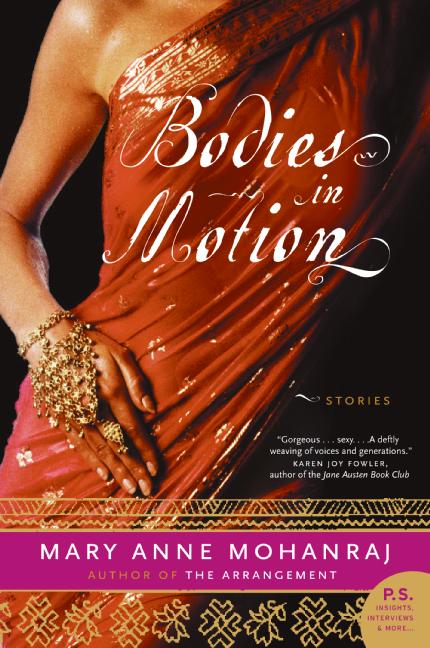 Category: Current Affairs - International, Political;
Category: Current Affairs - International, Political;Non-Fiction
Format: Hardcover, 416 pages
Publisher: Knopf Canada
Pub Date: April 24, 2007
Price: $34.95
Author's Website: www.28stories.com
Globe and Mail special feature on AIDS
A is for AIDS; B is for beautiful; C is for Chinua Achebe; D is for diamonds and E is for the high cheek-boned Ethiopians....Africa is known for many things, but the one issue Africa needs the world to know about right now is that there are 28 million HIV-infected people in Africa (800 people die of AIDS everyday in Africa) and unless something is done it is going to ravage the continent. Yes, I know about donor fatigue and numbing, I suffered from it too, but if you read this book of 28 Stories (one story for every million sufferers) you will change your heart and mind.
The author of these stirring 28 stories is Stephanie Nolen, the Globe and Mail's Africa correspondent and indeed perhaps the lone reporter in the world to report solely on AIDS . There are two groups of people in this book, the ones whose stories are told because they impart political, medical, social, physiological and economic information about the disease which is necessary for the reader to know and understand and the others are stories of people actually known to the author, people who are went public with their HIV diagnosis and have become activists for other sufferers in Africa.
For more information on the 28 people that inspired this book please go to Stephanie Nolen's website to read about these people, some of them even have video clips. Among my favorite stories are those of Tgist Haile Michael the 14-year old orphan from a slum in Addis Ababa who was left to take care of her 7-year old brother Johannes all by herself after both parents died from AIDS and Moleen Modimu a 31-year old wife and mother dying from AIDS in Zimbabwe even though the corner pharmaceutical store has the retro-virals she needs. Mugabe's government has made it virtually impossible for any African to afford the treatment they need.
 |
(AIDS activists demonstrate outside South Africa's Parliament in Cape Town in a Reuters file photo)
This book will get you to ask many questions of yourself and your friends, the most important one being...what can we do to lighten Africa's AIDS burden? What is it the people need? A helping hand with the eradication of poverty will go a long way, but they also need funding for schools because, in the end, education is going to be the one big thing that will make Africans want to protect themselves against this virus. Also, women's rights need to be enforced, they need to have legal protection against risky sex forced upon them by male partners or economic depression, financial independence from men should also be encouraged. This is very important when you realize that women make up 75 percent of HIV-positive Africans aged between 15-25.
Nolen's book provides a comprehensive list of AIDS care and treatment organizations in Africa and elsewhere, contact them, learn more and make the difference you know you can!
This book is the second book of the Non-Fiction challenge.
 |
Saw a truly delightful movie on the weekend titled "Away From Her". Like the movie suggested in its promotional literature, it was a love story for grown ups. In this case the grown ups were the beautiful Julie Christie and the handsome Gordon Pinsent whose 44 year old marriage, or should I say love story, is put to the test when Christie succumbs to Alzheimer's. The movie was made by the young Canadian Sarah Polley and based on Alice Munro's short story, "The Bear Came Over The Mountain". For a truly splendid "not a review" allow me to direct you to Sanjay's Karmic Musings.
Last, but not least, we have the winners of the booklottery from booksprice.com
it's Bellezza from "DolceBellezza" and J from Jellyjules.com. Congratulations, do let me know which book you would like and I will e-mail you for your address either today or tomorrow. A big "Thank you" to everyone that participated and all the book purchasing options you gave me, you made it so interesting and so much fun! There will be more opportunities to win books, so stay tuned!










